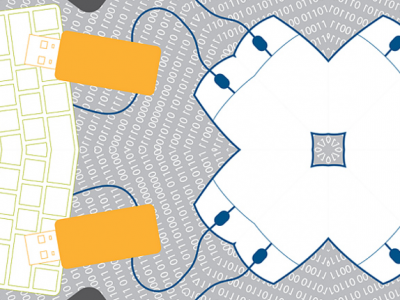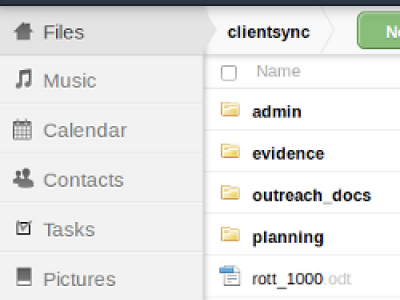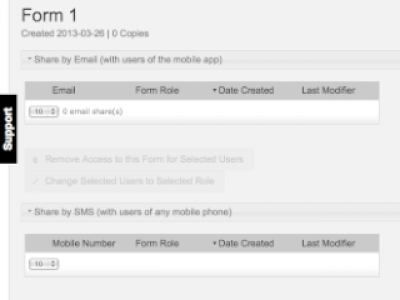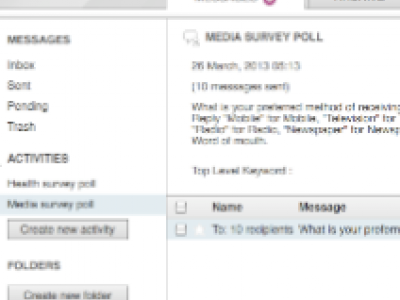
It is essential for any organisation to develop network-building skills. These skills will help you expand your constituency, mobilise volunteers, track attendance at events, distribute information and manage existing members.
Building a network and managing a network are not exactly the same thing, although they go hand-in-hand. The old ways of expanding your network of contacts are still largely valid, although now they are supplemented with more complex social media tools.
Meeting people is the first step; but how do you keep those people in your network and keep them interested in your issue? More importantly, how do you reach people who you don't have the time, resources or potential to meet in person?
Creating a database of contacts
The answer lies in creating a database. Creating a spreadsheet of contacts is a good start. Chart out names and basic contact information, and think of other types of fields that could be useful to collect, for example:
- volunteer interest
- donation history
- attendance at events
- skill sets
- signed up for newsletter; and so on.
Think about why you are tracking this information and how it could be useful to you in your work. Consider also which staff members in your organisation would need access to this database and when, and about how to properly protect it so that personal information is not exposed.
There are several ways of recruiting new supporters to your cause. You can convince them actively -- in person, at conferences, rallies, canvassing and the like; or you can do so passively or anonymously, online or offline.
- Always append your website or cause in your email signature.
- Create a contact form on your website, or a newsletter sign-up option.
- Tap into existing social networks and create a facebook page or twitter hashtag representing your organisation or cause
In the early stages of a campaign or a social network push, reaching critical mass is crucial to gathering enough momentum to keep it rolling. Try to have recruitment goals and think about how you can reach or mobilise that number of people.
Managing your contacts
A spreadsheet is a necessary first step, but is limiting in certain ways: restrictions on the cross-categorisation of contacts, the inability to share and access the database from anywhere, and the difficulty of automating certain tasks like bulk emails. More advanced programs exist which are good for managing a network of contacts, and for integrating these contacts in your organisational workflow.
CiviCRM is a free and open source software tool that can be used to manage your relationships. It is a Customer Relationship Management (CRM) system geared towards the needs of non-profit and civic-sector organisations, and is designed to work as an integrated suite right out of the box. It can send and track responses from bulk emails and be used to help plan events and fundraise.
Like an address book, CiviCRM organises constituents' contact information in a database, but it also tracks interactions with people (emails sent, emails responded to, live events attended) and people’s relationships with each other. CiviCRM stores this data on your own web server, which means you can install security to ensure the information is private, and you can access it anywhere with an internet connection.
CiviCRM case studies
CiviCRM in the Info-Activism guide
CiviCRM website
Free CiviCRM manual








































.png%3Fitok=rF0KWQB6)






















































.jpg%3Fitok=pXDTLHzY)



.jpg%3Fitok=3tJxk_zi)
.jpg%3Fitok=AIh9YY_n)








.jpg%3Fitok=1X702tBf)








